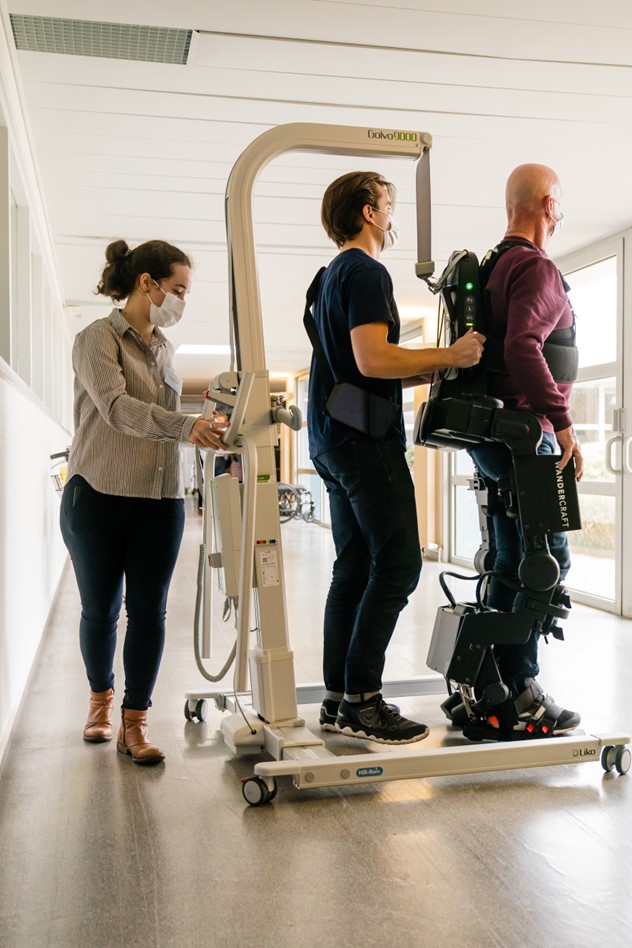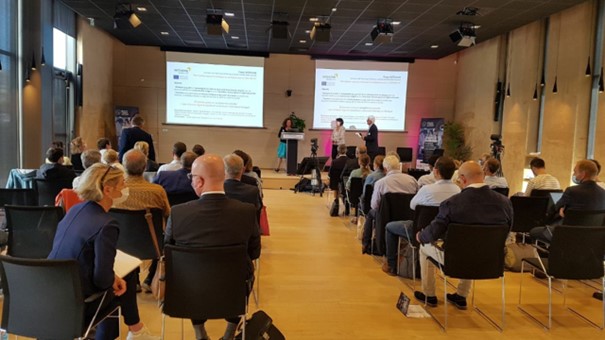The COVID pandemic has changed the world, demonstrating the power of technology and the way we work locally, regionally, nationally and globally. While the adoption of digital solutions increased, it also highlighted disparities and inequalities in the implementation and design of available systems. As a result, the need to further develop the innovation ecosystems that support the deployment and use of these technologies across Europe has emerged.
Pandemic had a long-term impact on the health of citizens who were left untreated. This has implications for the ability to efficiently provide healthcare in the aftermath of the pandemic. The uptake, implementation and solutions of technologies and the policy framework to foster innovation need to be developed to reduce the pressure on the healthcare system and prepare for future challenges.
Several regional digital health ecosystems already exist in Europe, but they need to join forces and work together to scale up. Digital health technologies and solutions already have a huge impact on people's lives, as well as on national and regional economies and this impact will only continue to grow. That is why digital health ecosystems need to be developed in a smart and sustainable way, with a long-term vision and in a multi-stakeholder way, involving a wide range of stakeholders.
The main objective of the Connecting Health project is to foster connected and inclusive innovation ecosystems across Europe and maximise the efficiency of innovation and innovation in digital health.
- Objective 1: To map the landscape of digital health ecosystems in Europe and beyond, including their quality, stakeholders, resources, initiatives, projects and policy frameworks.
- Objective 2: Explore the current and future growth opportunities and competitiveness of the digital health sector
- Objective 3: Engage a wide range of stakeholders from government, industry, academia and society and develop an action plan for the digital health area in Europe.
- Objective 4: Connect existing regional and thematic digital health ecosystems. Aiming at collaboration, learning and exchange of best practices, for greater impact.
The project will develop a future scenario for digital health in Europe 2030 and identify the preferred options. The project will result in an action plan and a number of immediately usable outputs, e.g. future scenarios and plans, and priority documents, which will be widely disseminated to key stakeholders.
The project will be implemented by a small and agile core team consisting of the European Connected Health Alliance (Lead partner) and its three European partners, which are leading players in digital health ecosystems in their respective regions: Scotland, West-Transdanubian and South Ostrobothnia. Seinäjoki University of Applied Sciences is one of the partners representing the digital health ecosystem in South Ostrobothnia. To achieve its objectives, project will map European digital health ecosystems, their initiatives, projects, resources and stakeholders. In addition, there will be partners from France and Spain.
Follow ConnectingHealth on Twitter (@cnnectinghealt) and LinkedIn













